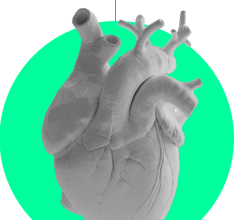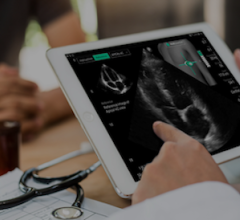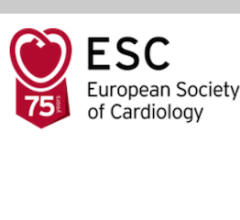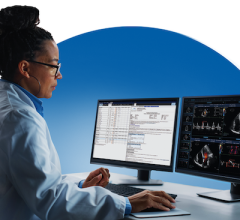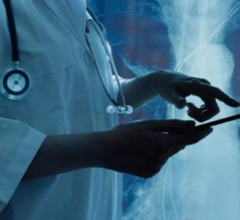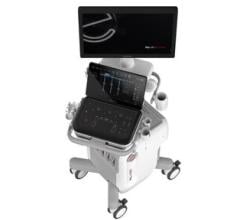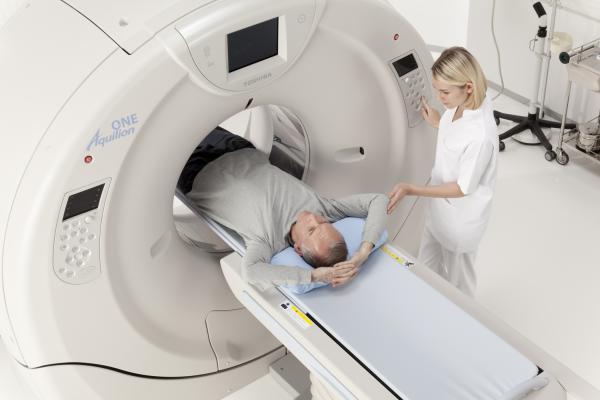
November 1, 2017 — James A. Brink, M.D., FACR, chair of the American College of Radiology (ACR) Board of Chancellors, met with the House Committee on Science, Space and Technology Subcommittee on Energy to urge more research on low-dose medical radiation effects to inform future safety practices. He also told the Committee that medical imaging and radiation oncology save lives.
“Not everyone in the scientific community agrees with the validity of extrapolating cancer risk for low-dose radiation exposure based on data from individuals who received high doses of radiation. Some believe there is a threshold below which radiation exposure should not be a concern,” said Brink. He added that, “While exposure to lower doses may damage or alter a cell's genetic code or DNA, such exposure does not necessarily result in negative health consequences.”
Brink praised the work of the National Academies Board on Radiation Effects Research (BEIR) which addresses the health effects of exposure of human populations to low-dose, low-LET (linear energy transfer) ionizing radiation. But, he noted that the last BEIR report was in 2006. Brink urged a critical assessment of more recent data in both epidemiologic and experimental research.
“There is a need for an update to the BEIR report series that critically looks at the research and provides a balanced perspective on the significance of research and knowledge in this field over the past decade” said Brink.
The ACR chair stressed that the medical community — including radiology — and regulators have adopted policies and practices to keep radiation doses “As Low as Reasonably Achievable” (ALARA). But, he noted that the process needs to be refined and optimized using modern data.
“There is a compelling need to improve science’s direct understanding of low-level exposure and to apply new knowledge to radiation safety practices, professional guidelines and regulatory policy,” Brink said.
He told the panel — there to discuss United States Department of Energy funding of basic research on low-dose radiation — that such research is vital.
The ACR endorsed the Low-Dose Radiation Research Act in the last Congress. The legislation would have required the Director of the Department of Energy (DOE) Office of Science to carry out research on low-dose radiation. This would enhance scientific understanding of, and reduce uncertainties associated with, the effects of exposure to low-dose radiation.
The bill would also require the director to enter into an agreement with the National Academies to assess the current status and development of a long-term strategy for low-dose radiation research. Brink urged that similar legislation be introduce and passed in the current Congress.
“It is important for the National Academies to periodically assess the status and inform the development of a long-term strategy for low-dose radiation research. We also believe the Department of Energy and other federal agencies must be adequately funded to support low-dose radiation research activities,” said Brink.
For more information: www.radiologyinfo.org

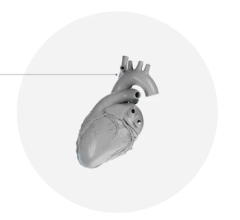
 January 28, 2026
January 28, 2026 
